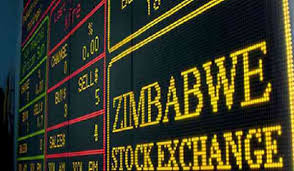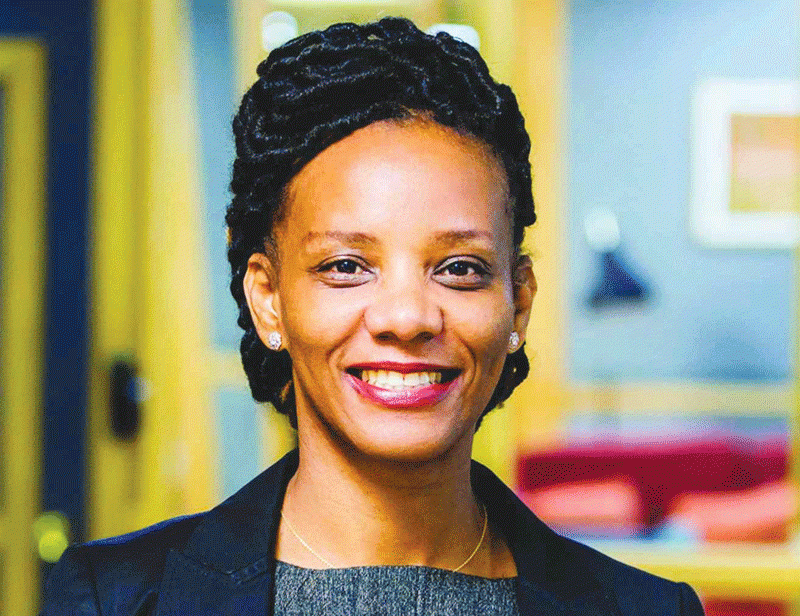
THE Zimbabwe Stock Exchange (ZSE) is showing signs of cautious optimism in 2025, with several listed companies demonstrating resilience through strategic expansions and operational improvements.
While liquidity constraints, currency volatility, and regulatory hurdles persist, several firms are making strategic moves to enhance efficiency, expand market share, and improve profitability.
The first-quarter updates from key players reveal a focus on acquisitions, production capacity expansion, cost management, and diversification — all aimed at sustaining growth in an unpredictable operating climate.
Among the most notable developments is TSL Limited’s pending acquisition of a 51,43% stake in Nampak Zimbabwe, expected to be finalised in the third quarter of 2025.
This deal, currently undergoing regulatory approvals, underscores TSL’s ambition to strengthen its position in the packaging and agro-industrial sectors.
If successful, the acquisition could significantly boost shareholder value, though execution risks remain given Zimbabwe’s complex business environment.
“Notwithstanding the challenging operating environment, the group will continue to pursue key strategic initiatives that are expected to enhance shareholder value,” Fadzayi Pedzisayi, TSL Limited company secretary, said in a first quarter update.
Meanwhile, Turnall Holdings is advancing its operational turnaround strategy with the near-completion of a new sheeting plant in Harare, board chairperson, Grenville Hampshire, said.
- ‘HowFar 2.0’ Coalition turns heat on govt
- Travelling & touring: Shadows will always remain loyal
- ‘HowFar 2.0’ Coalition turns heat on govt
- Travelling & touring: Shadows will always remain loyal
Keep Reading
The company anticipates that this facility will increase production efficiency, reduce transportation costs, and contribute to a return to profitability.
Turnall’s emphasis on cost containment and product improvement reflects a broader trend among ZSE-listed firms — prioritising lean operations to counter economic pressures.
Proplastics is positioning itself for strong performance, with chief executive officer Gregory Sebborn stating: "As the rainy season comes to an end, we anticipate a strong increase in demand for piping, with major projects across all sectors set to commence".
The company is also looking beyond domestic markets, with Sebborn adding that export revenue is “expected in the second quarter, with a growing volume of export enquiries being received".
This export focus could provide crucial diversification as local currency volatility persists.
Stable raw material prices and improved electricity supply — thanks to higher water levels at Kariba Dam — should further enhance production efficiency. Proplastics’ ability to promptly fulfil orders strengthens its competitive edge, making it one of the more resilient players in the manufacturing sector.
In the logistics space, Unifreight Africa is capitalising on seasonal opportunities, particularly the 2025 tobacco harvest, which is expected to be a bumper crop.
The company has secured additional merchant contracts and expanded its fleet to handle higher volumes, reinforcing tobacco transportation as a key revenue driver, according to Richard Clarke, the company’s chief executive officer.
Beyond this, Unifreight’s growth strategy includes scaling its cross-border operations and fourth-party logistics unit, both of which are projected to contribute more substantially to earnings as they mature.
The company’s core less-than-truckload and full-truckload divisions remain stable, with a seasonal uptick anticipated in the second half of the year.
By focusing on fleet utilisation and cost management, Unifreight aims to convert strong revenue growth into improved profitability.
The board’s confidence in meeting full-year targets suggests that the company’s diversification efforts are paying off, even in a tough economic climate.
On the consumer goods front, Dairibord is maintaining momentum through consistent product supply and stringent cost controls, with company secretary Maurice Karimupfumbi noting: "The growth momentum is expected to continue into the second quarter, supported by consistent product supply resulting from enhanced capacity across key brands".
The company’s emphasis on cash generation is a prudent strategy to bolster financial resilience amid uncertain market conditions.
Similarly, Mashonaland Holdings is working to commercialise previous investments while striving for a balanced real estate portfolio, company secretary Egnes Madhaka noted.
This approach aims to protect investor returns while positioning the company for sustainable growth in Zimbabwe’s evolving property market.
Zeco Holdings, meanwhile, expects continued tight monetary conditions but sees potential liquidity improvements from strong agricultural harvests and relative currency stability.
The completion of new office space and ongoing construction projects should drive demand for the company’s window and doorframe sales, supporting a gradual business recovery.
Overall, the first quarter of 2025 updates from ZSE-listed companies reflect a blend of resilience and strategic ambition. While macroeconomic challenges persist, firms that successfully execute expansion plans, optimise costs, and leverage seasonal and export opportunities are likely to outperform.
Key factors to watch in the coming months include the completion of TSL’s Nampak acquisition, Unifreight’s cross-border logistics performance, and Proplastics’ export growth.
If these initiatives deliver as expected, 2025 could mark a year of consolidation and improved earnings for several ZSE counters.
However, external shocks — such as currency fluctuations or policy shifts — remain wildcards that could disrupt progress. For now, the prevailing sentiment is one of cautious optimism, with companies adapting, innovating, and pushing forward despite the hurdles.











